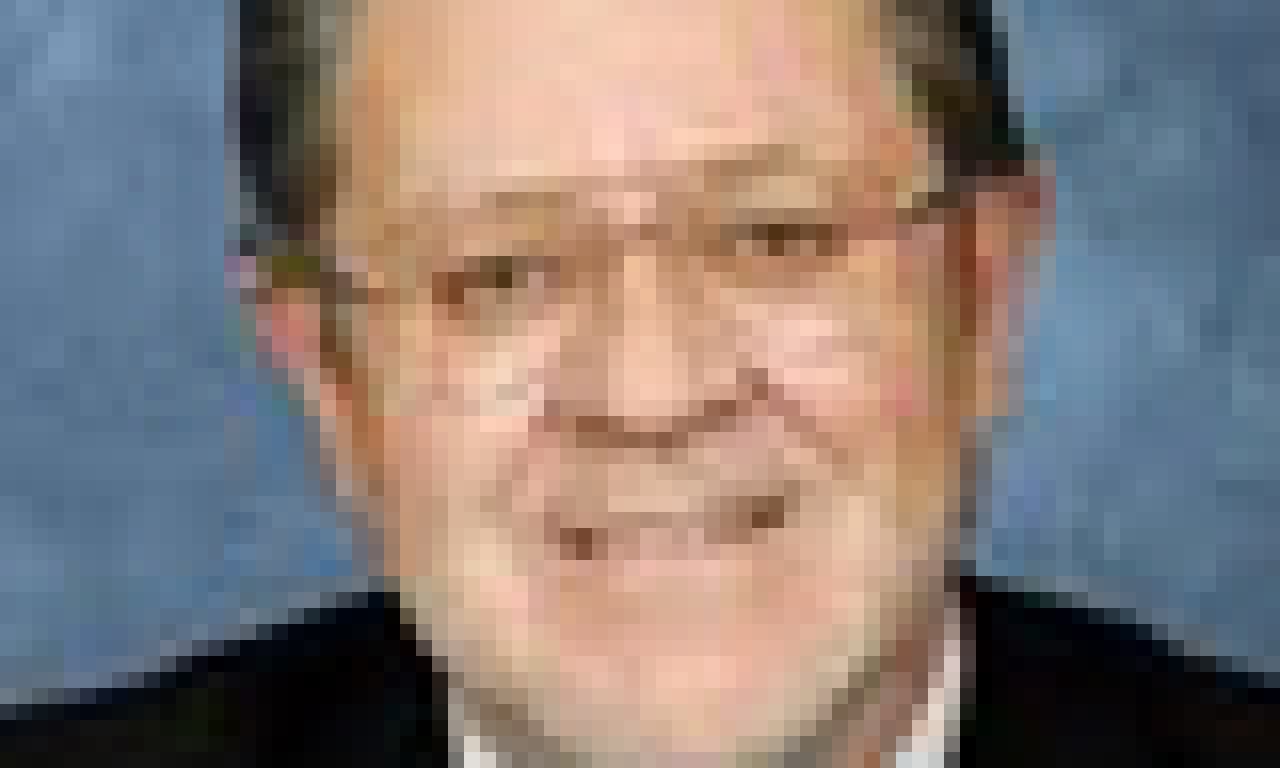(Pictured: Michael Delaney)
The ghosts of the GFC continue to haunt MTAA Super’s members. The fund is to wind up its ill-fated ‘target return option’ following a review of investment arrangements.
This is the option into which the fund had also directed allocations from its ‘growth, ‘balanced’ and ‘conservative’ options under its previous management, prior to 2011. The target return fund had invested heavily in alternatives and other illiquids, under advice from Access Capital, and hence the other options did so too.
After the financial crisis, MTAA went from the best-performing big super fund to among the worst. It nevertheless retained Access as its investment advisor throughout the tumultuous period. It has also retained the bulk of its 270,000 or so members. Its total assets, however, have not moved much, sitting at about $6.6 billion as of last June, compared with $6.1 billion six years earlier in 2007.
Because of the illiquid nature of a lot of its core portfolio, MTAA missed out on most of the post-GFC bounce which other big funds were able to capture.
MTAA notified members last week that the target return option would close on June 3. Members can choose another option or, if they don’t, the remaining money will be transferred into the new MySuper default option, called ‘My AutoSuper’. The target return option closed to new allocations in 2011.
The fund, which represents the motor trades industry, dates back to 1989 and its history is closely linked with that of the Motor Trades Association of Australia. The inaugural chief executive of both the association and the fund was Michael Delaney, who held both positions simultaneously until 2011.
Delaney resigned from the fund and left in November 2011 after increasing political pressure from within the association, including threats from some states to set up rival bodies, and from some sectors within the fund because of the obvious potential conflict. The fund, rather than the troubled association, was where the money was.
The former chairman of the fund had resigned, due to ill-health, a year earlier and after an intermediary chair warmed his seat, former Victorian premier John Brumby took on this role. Leeanne Turner, a superannuation professional, then took over as chief executive.

